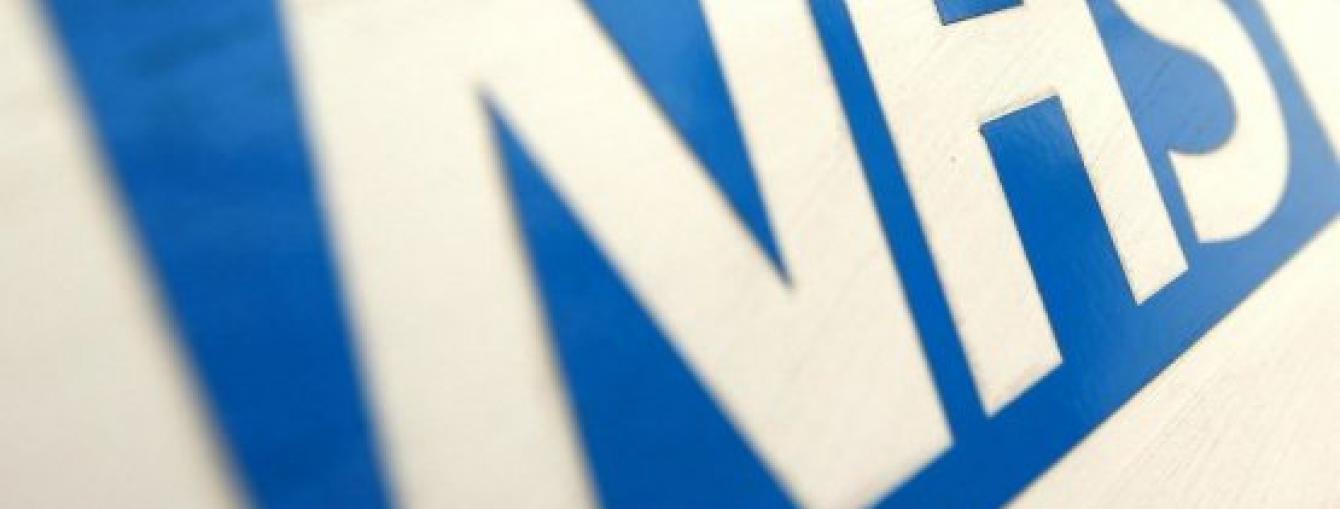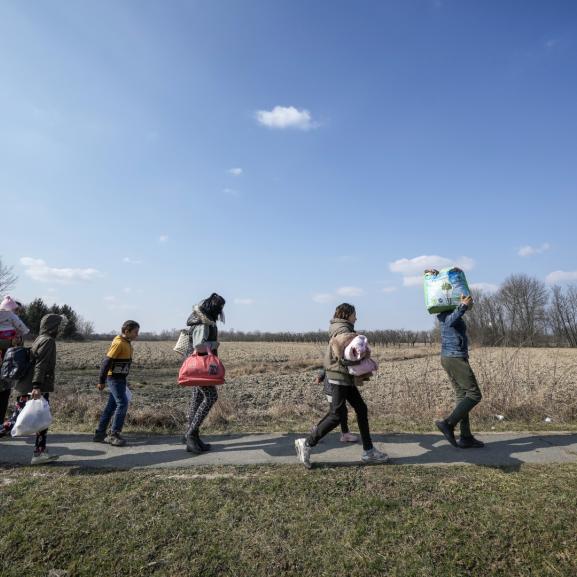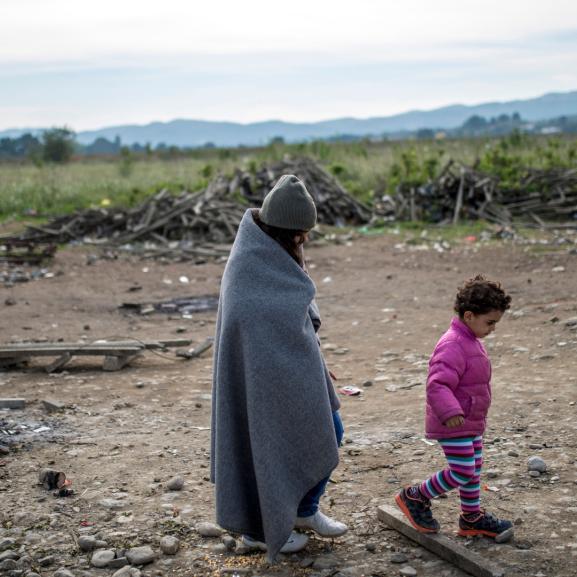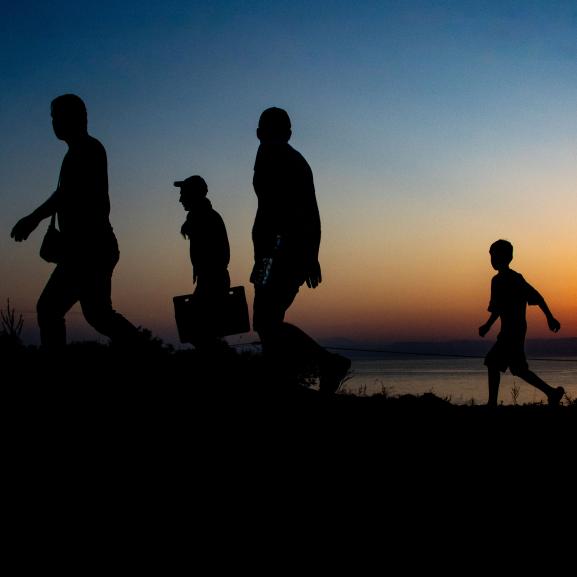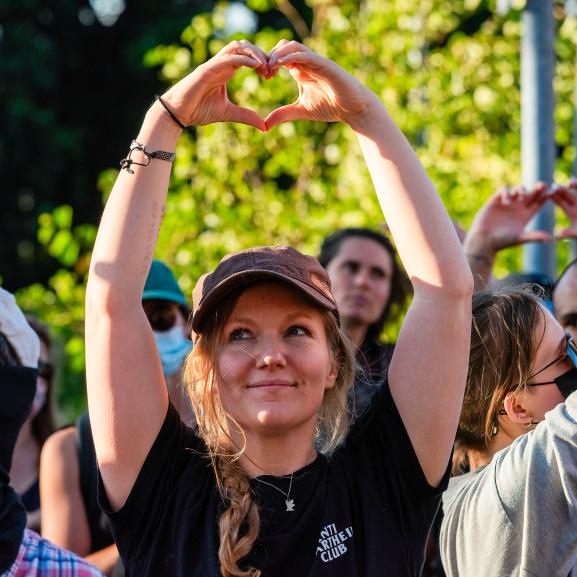Charging migrants: What happens to those who are refused asylum?
Freedom from Torture, working with a coalition of other organisations, has recently won concessions for refused asylum seekers and other vulnerable migrants who would otherwise have been targeted by the Government's crackdown on so-called health tourism.
Dr Angela Burnett writes about the latest NHS charging policy affecting torture survivors.
Since April, overseas visitors to the UK who do not possess an European Health Insurance Card (EHIC) can be charged 150% of the tariff for secondary health care. This was meant to have included torture survivors with a refused asylum claim. However it has now been announced that torture survivors and survivors of human rights violations such as female genital mutilation will be exempt from the charges - provided the secondary care they need relates specifically to injuries from the violations they have suffered.
Torture survivors who had live asylum claims were previously exempt from secondary charging. The new announcement means that torture survivors who are refused asylum can also seek NHS care for their trauma and related injuries without fear of being billed; and GPs can advise secondary care providers to treat this group.
As I and other health professionals at Freedom from Torture work with a number of torture survivors who are refused asylum, this announcement offers some comfort to our client group.
However it still leaves me as a doctor with the conundrum that torture survivors who are refused asylum, or who do not have a live asylum claim, may still be charged for care for conditions which may be held not to relate to their torture, for example a chronic condition such as diabetes.
As a health professional working holistically for the rehabilitation of torture survivors this does not make sense to me. All aspects of physical and mental health will contribute to an individual's recovery from torture.
The Government has said the intention of this secondary care charging policy is to discourage 'health tourism' and claw back £500m a year by charging migrants, visitors and former UK residents for using the UK's health services.
However the reality is that those who are hit hardest - such as refused asylum seekers who are often survivors of human rights violations and often destitute - cannot be described at all as health tourists, and the secondary care charging policy has serious consequences for them.
the reality is that those who are hit hardest - such as refused asylum seekers who are often survivors of human rights violations and often destitute - cannot be described at all as health tourists, and the secondary care charging policy has serious consequences for them.
Women who do not see a doctor until late in pregnancy are at a much higher risk of complications but many of the mothers-to-be recently surveyed by Doctors of the World had not sought medical advice until this time, often because of fear of charges or of the NHS challenging their immigration status.
Charging for primary care has also been mooted, and should be addressed now by the Department of Health now the election is over.
As a practising GP, as well as lead doctor for Freedom from Torture, I feel very strongly that it should not be my duty, or that of my colleagues, to determine my patient's immigration status before considering whether I can recommend them for secondary care or treat them within the primary setting. My first duty is to give care.
It may increase the costs for both patient and the NHS alike if health problems worsen as a result of denial of treatment, which is the opposite of what the NHS should be doing if we need to save money.
Dr Angela Burnett is lead doctor for Freedom from Torture and a GP in Hackney.



